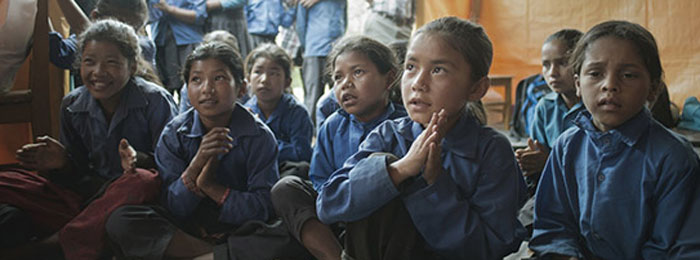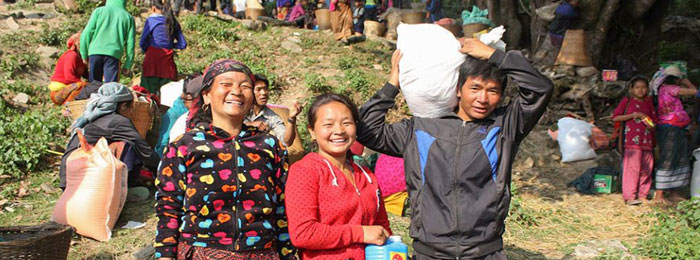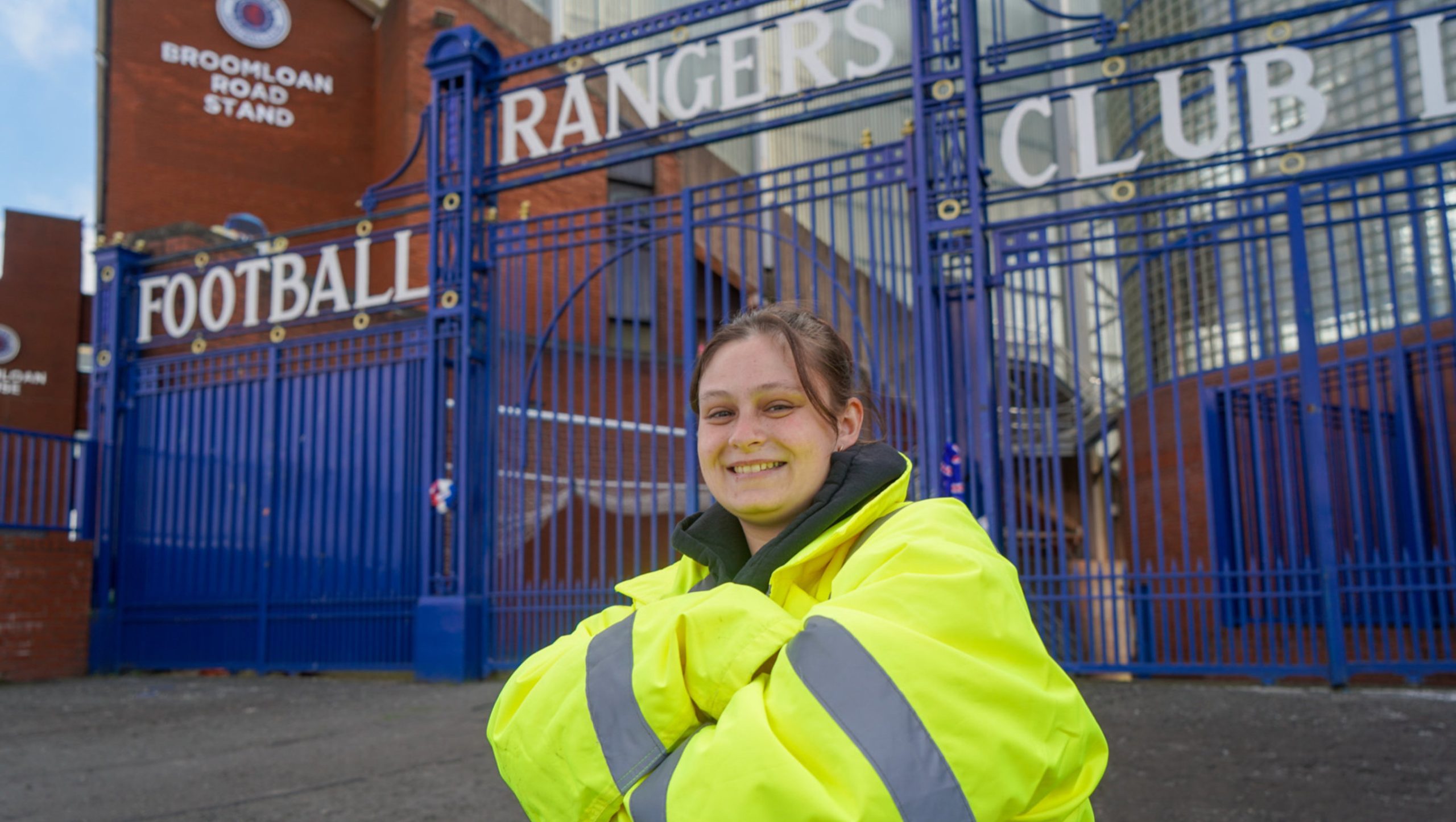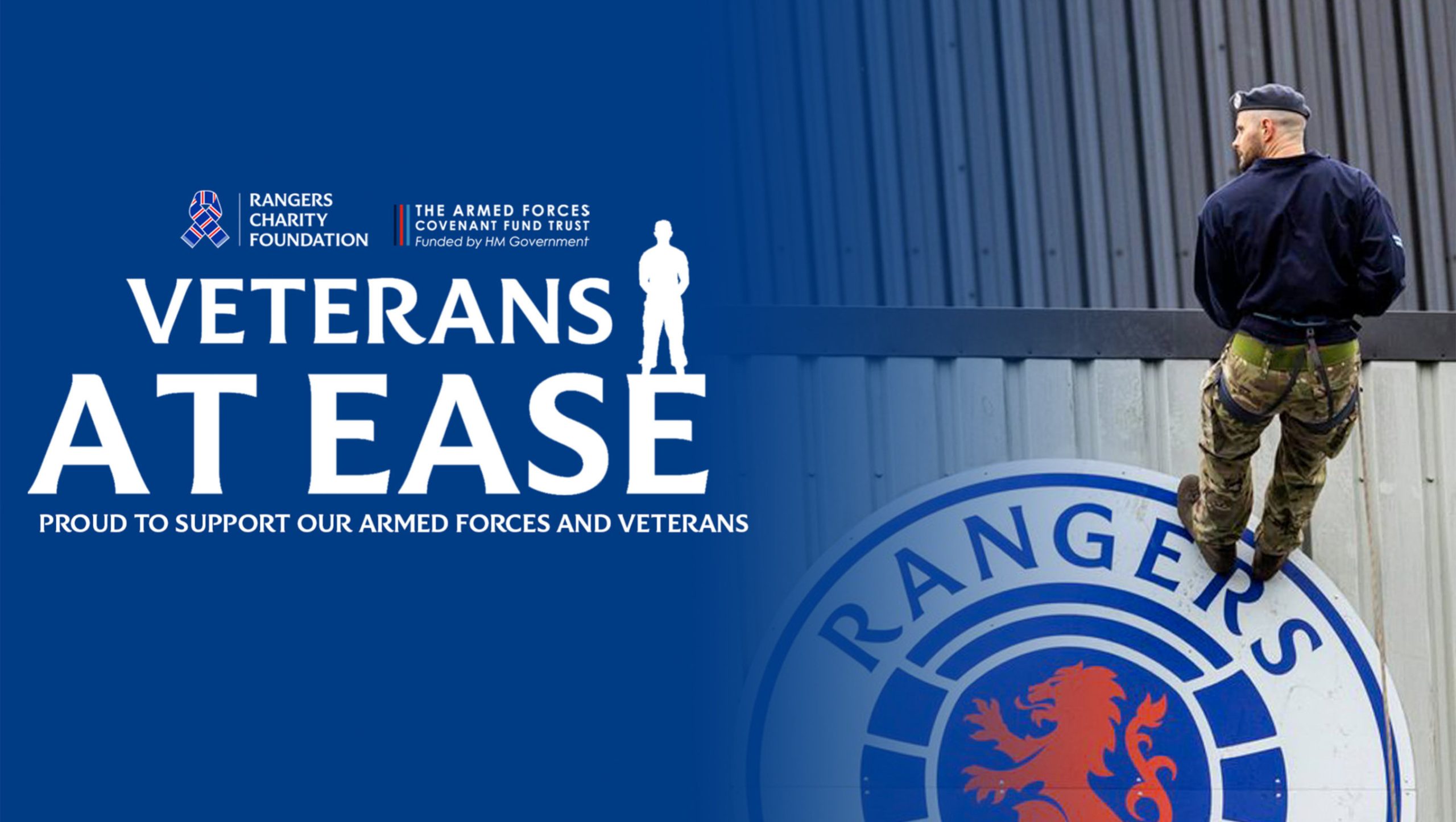
News
Helping Nepal Emerge from Crisis
Tue 25th August 2015

UNICEF and the DEC have provided the Foundation with an update on the current situation in Nepal following our donations to each back in April to assist with the emerging crisis following the Ghorka earthquake.
The 7.6 magnitude earthquake struck Barpak in the historic district of Ghorka, about 47 miles northwest of Kathmandu back in April, flattening entire villages and damaging roads and communications infrastructure. A second earthquake hit in May and it was estimated that the lives of eight million people – almost one-third of the population of Nepal – were impacted by these earthquakes, with 8,790 people losing their lives and 22,300 injured.
As the DEC report explains, “Nepal had not seen a natural disaster of such intensity for over 80 years, and in a country that was already one of the world’s poorest, the local authorities found themselves quickly stretched to breaking point. The Nepalese are tenacious, strong willed and hard working people. Our members will continue to work with them to build back better. Thanks to your support, their goals are now even more achievable.”
 The DEC’s members have worked to distribute food and emergency supplies and build temporary homes and shelters. Emergency relief kits containing tarpaulins, blankets, kitchen sets, hygiene kits and water purification tablets have been crucial to many of the people affected and medical, first aid and psycho-social support has also been provided.
The DEC’s members have worked to distribute food and emergency supplies and build temporary homes and shelters. Emergency relief kits containing tarpaulins, blankets, kitchen sets, hygiene kits and water purification tablets have been crucial to many of the people affected and medical, first aid and psycho-social support has also been provided.
Water filters which pump out close to 175,000 litres of purified water in 24 hours have been provided, giving around 58,000 individuals every day a safe water source. Over 1,300 latrines have also been installed, providing safe sanitation.
UNICEF has worked to create 122 Child Friendly Spaces for displaced communities, benefiting 12,200 affected children in Sindhupalchowk, Dhading, Kavre, Gorkha, Sindhuli, Kathmandu, Lalitpur and Bhaktapur districts. The charity has also arranged counselling, breastfeeding support and shelter homes for postnatal mothers and new-borns and essential supplies for 600,000 pregnant women and children under five.
UNICEF provided over 224,000 people in affected areas with a sufficient quantity of water for drinking, cooking and personal hygiene and provided over 24,000 with access to adequate sanitation and hand washing facilities.
One of UNICEF’s aims was to minimise the disruption to children’s education wherever possible and the charity has helped many communities get their schools back up and running, such as Shree Chaturmala Higher Secondary School in the remote village of Ramche, more than 100 kilometres northwest of Kathmandu.
The 7.8 magnitude earthquake that rocked the nation completely destroyed Shree Chaturmala Higher Secondary School. All 20 classrooms were reduced to rubble, sand, and stone. Most of the 200 chairs and tables were broken. There was not a single text book left for the children and even the registration book with names of all the students was destroyed. Indeed, all the school’s important documents had vanished under the rubble.
“We want nothing here from anyone. No rice or money but we need our school back in our life,” said 13-year old Ankita Dhakal, a seventh grader.
“We might have to quit school and become farm labourers. I don’t see any hope of school being rebuilt,” says 10-year old Pramila Badu.
But 55-year-old principle Buddi BK is not the type to give up easily. A temporary learning centre (TLC) was built using locally available materials provided by the community. A total of 12 classrooms were constructed.
“I managed to get some bundles of tin to build roofs and I am sure it will protect the classrooms from rain or wind,” he says. “We have 20 teachers who are ready to come back to the classes and they are our only hope for the children to resume their student life.”
Stories such as the determination of Principle Buddi BK to reopen his school shows the huge difference the support of the DEC and our charity partner UNICEF can make as the people of Nepal rebuild their lives and emerge from this crisis with greater resilience. The Rangers Charity Foundation is pleased that we were able to play a small part in that crucial recovery process for the people of Nepal.





